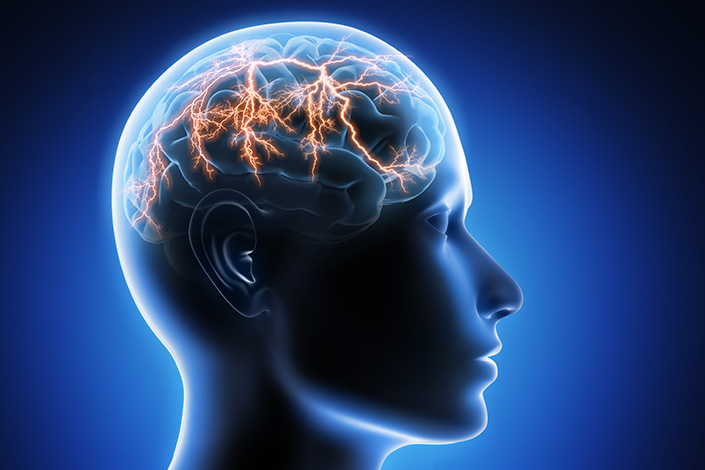Breakthroughs for epilepsy and prevention

Credit: peterschreiber.media/shutterstock.com
The emerging field of medical cannabinoids has experienced a breakthrough in epilepsy and seizure disorders. Dr. D. Samba Reddy, a Regents Professor in the Department of Neuroscience and Experimental Therapeutics at the School of Medicine, is spearheading this advancement with a team of pharmacology researchers.
The team’s research on epilepsy has resulted in the publication of five key papers featured in the May 2023 issue of the journal Experimental Neurology.
“The medical cannabis research originated from the patient families and advocates in Colorado who have witnessed the positive effects of medical cannabis products,” said Reddy, who is a founding director of the Texas A&M Health Institute of Pharmacology and Neurotherapeutics.
Early small reports and surveys provided confirmation that CBD could potentially offer benefits for epilepsy. This prompted comprehensive research endeavors, which led to the U.S. Food and Drug Administration (FDA) approving CBD for treating childhood epilepsy in 2018. However, Reddy says the exact functions of endocannabinoids, the spectrum effects and the mechanisms through which CBD counteracts seizures still require further investigation.
The first of Reddy’s five articles highlights the effectiveness of CBD and explores its distinct mechanisms that generate therapeutic benefits. By shedding light on the intricate pathways involving endocannabinoids, the article provides key insights on our understanding of cannabinoids in neurological disorders.
His second report explores the use of CBD in cases of refractory epilepsy, instilling hope for people grappling with difficult-to-treat seizures. It critically evaluates the efficacy and potential harms surrounding CBD therapy, presenting compelling evidence that supports its clinical utilization while outlining its limitations as a widespread treatment option.
The addition of CBD as a supplementary treatment can sustain seizure reduction for up to four years in children with specific genetic epilepsies. Although side effects are more prevalent when used in conjunction with clobazam, a standard antiseizure medication, CBD exhibits direct effects on seizure control, paving the way for advanced evaluation of cannabinoid-based therapies.

